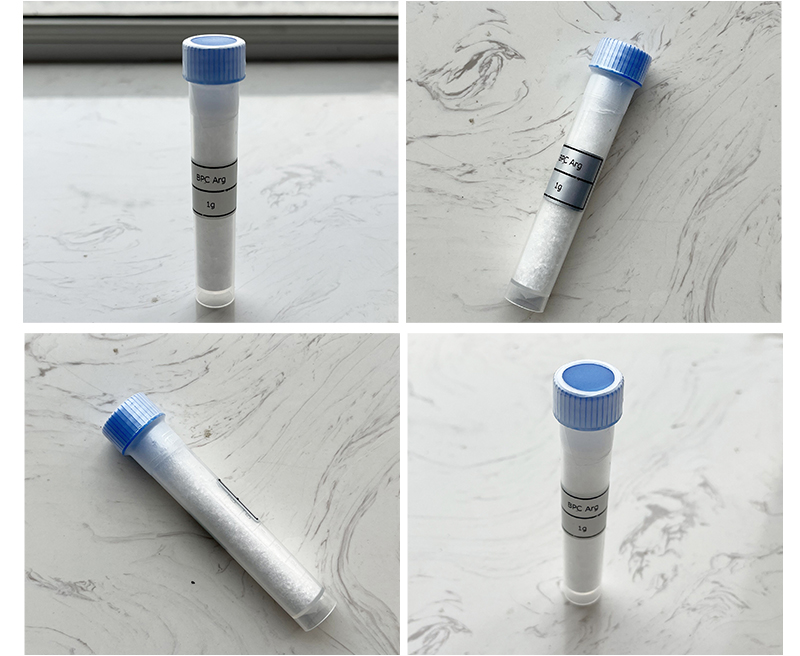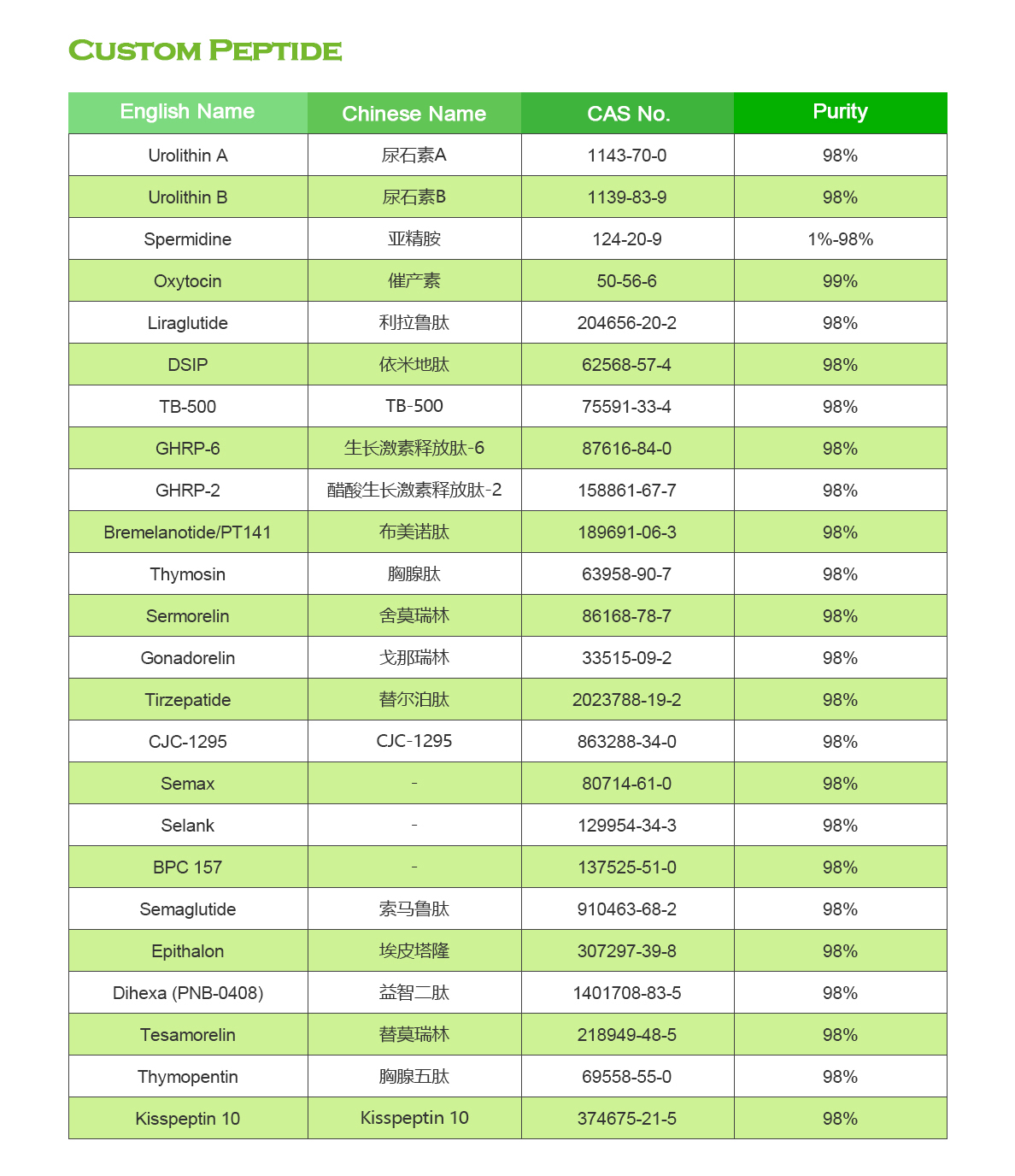BPC-157, or Body Protection Compound-157, is a synthetic peptide that has been researched for its potential healing and regenerative properties. It’s important to note that while there is some scientific interest in BPC-157, its use is not approved by regulatory bodies, and there is limited clinical evidence to support its effectiveness and safety in humans. Additionally, the information provided here is not medical advice, and you should consult with a healthcare professional before considering any peptide or supplement regimen.
If, under proper medical supervision and guidance, you are considering using BPC-157, here are some general considerations:
1.Dosage:
Dosages for BPC-157 can vary, and there isn’t a standardized recommendation due to limited clinical research. Users often report using a daily dosage of around 250-500 micrograms, either once or twice a day.

2.Administration:
BPC-157 is typically administered through subcutaneous (under the skin) or intramuscular (into the muscle) injections. It’s crucial to follow proper injection protocols and maintain sterile conditions to minimize the risk of infection.
3.Duration:
The duration of BPC-157 use can vary. Some people report using it for shorter periods (e.g., a few weeks) to address specific issues, while others use it for longer durations.
4.Storage:
BPC-157 is generally stable when stored in a cool, dry place. Follow the storage instructions provided by the supplier or manufacturer.
5.Consultation with Healthcare Professional:
Before using BPC-157 or any other peptide, consult with a qualified healthcare professional. Discuss your health history, any existing medical conditions, medications, and potential interactions.
6.Monitoring:
Regularly monitor your health and any changes you may experience while using BPC-157. If you notice any adverse effects or unexpected reactions, discontinue use and seek medical advice.

7.Quality of Product:
Ensure that you are obtaining BPC-157 from a reputable and trustworthy source. Peptide quality can vary between suppliers, so research and choose a supplier with a good reputation.
It’s important to note that BPC-157 is not approved for human use, and its safety and efficacy are not well-established through rigorous clinical trials. The information provided here is based on anecdotal reports and preclinical studies. Always prioritize your health and safety, and consult with a healthcare professional for personalized advice based on your specific circumstances.
